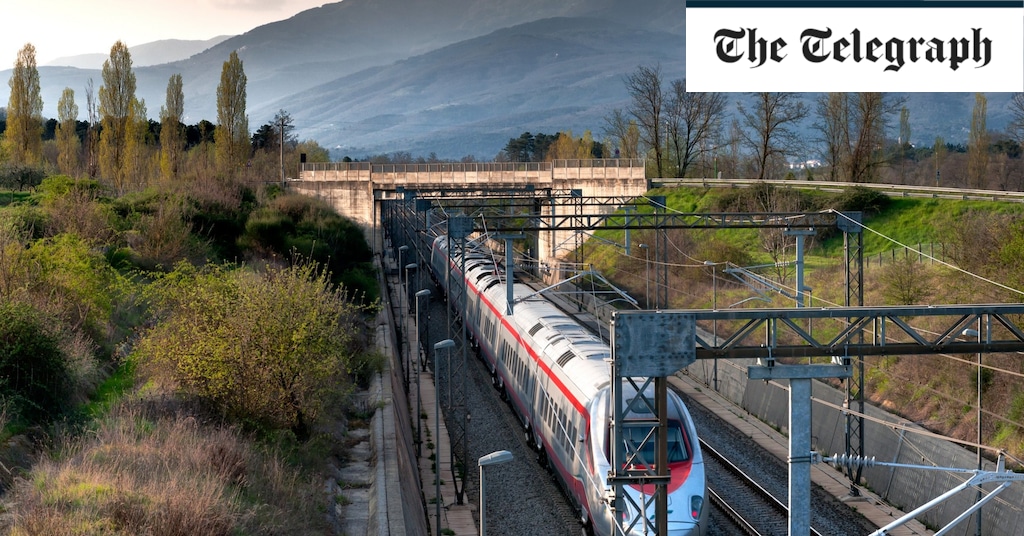Not every scheme has been without issue however. Ideas for a French pass (also priced at €49 per month and excluding the country’s TGV services) were heavily curtailed by the time of its launch in 2024: it was only valid for travel in July and August and for those aged under 27. It also excluded Paris and the wider Île-de-France region. Three regions negotiated compensation for loss of revenue caused by its hurried implementation according to French newspaper Le Monde.
Meanwhile, though rail use has increased by 28 per cent in Germany since the introduction of the Deutschlandticket according to Greenpeace, the scheme required significant federal and state government financial assistance in 2024 (totalling €3 billion). In 2025, the monthly subscription fee will increase to €58.
The UK would also have to ready itself for spending. An estimate contained in the Greenpeace report suggests a €45 million loss in revenue if each customer using the scheme makes around 26 trips per month. However, a second, far more cautious estimate based on passengers making 40 trips per month (the equivalent of a five day commute to the office) shows a £637 million shortfall. On top of that, investment would be required to make the scheme workable and the service attractive to customers.
However, Labour’s plans for the railways (and, indeed, the Conservative’s Great British Rail ones before them) suggests significant long-term savings could be made with centralised control and, in Labour’s case, renationalisation. In any case, Morozzo believes investment would pay dividends in the long-term.
“You have to make a massive investment in the railways, you have to improve them. You have to increase the number of services, you have to lengthen the trains by adding extra carriages on lots of lines, in the north in particular,” says Morozzo. “Although that sounds expensive, in the end, it pays itself back. You get a huge economic boost if you invest in transport for obvious reasons because you expand the economic possibilities of the working population and businesses.”
